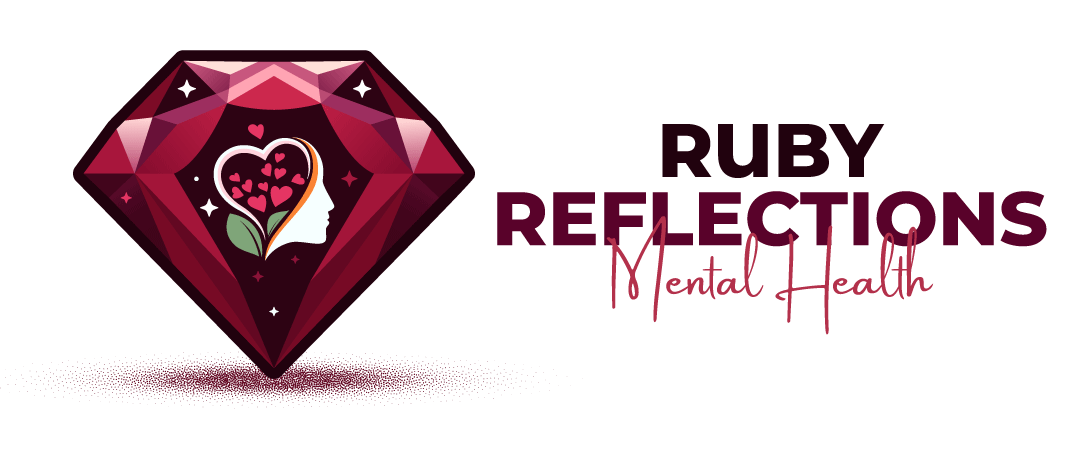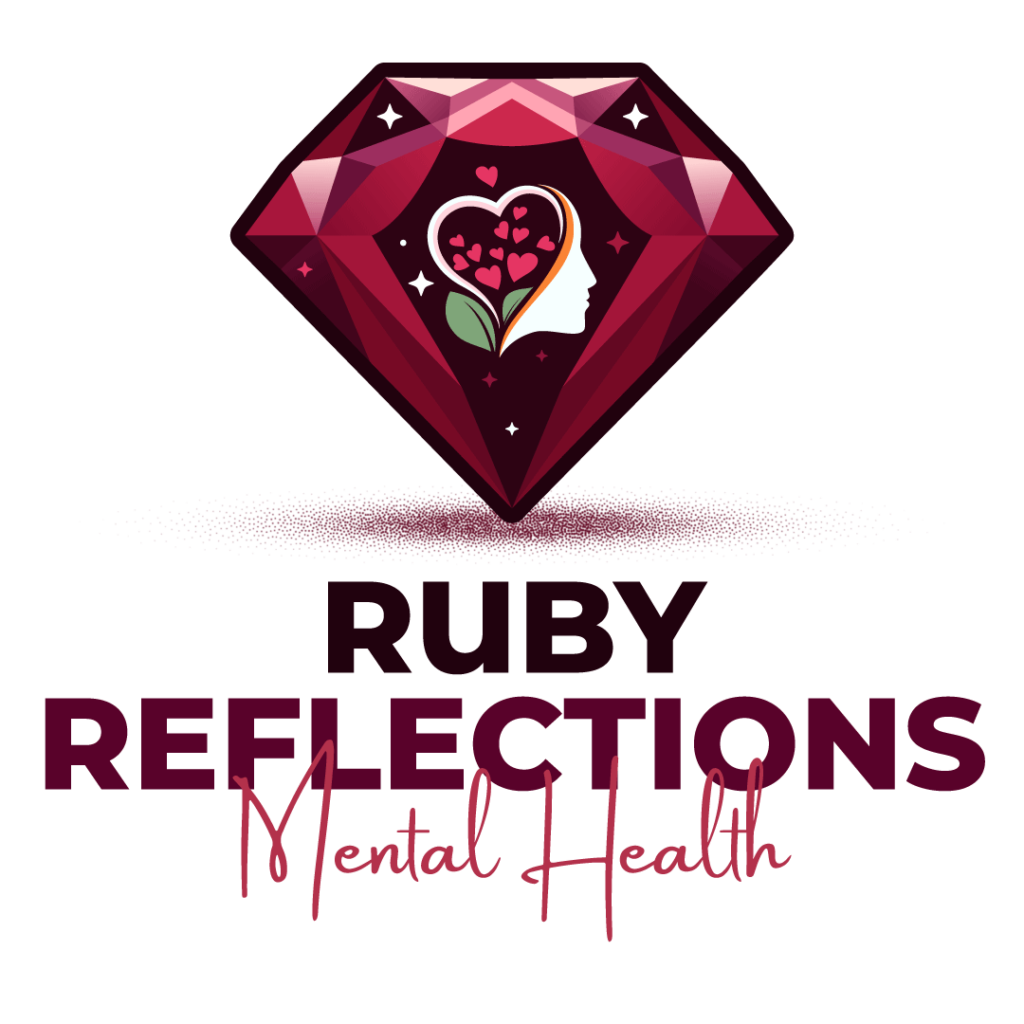Bipolar Disorder
Definition
Bipolar disorder is a mental health condition characterized by significant mood swings, including emotional highs (mania or hypomania) and lows (depression). These mood episodes can affect energy levels, activity, sleep, behavior, and the ability to carry out daily tasks. Bipolar disorder is typically classified into several types based on the pattern and severity of mood episodes.

Symptoms
Manic/Hypomanic Episodes
● Elevated Mood: An abnormally upbeat, jumpy, or wired mood.
● Increased Activity or Energy: Heightened levels of activity, restlessness, or physical energy.
● Grandiosity: Inflated self-esteem or a sense of grandiosity, which can lead to unrealistic beliefs in one’s abilities.
● Decreased Need for Sleep: Feeling rested after only a few hours of sleep.
● Talkativeness: Unusually talkative, rapid speech, or pressure to keep talking.
● Racing Thoughts: Experiencing racing thoughts or a flight of ideas.
● Distractibility: Easily distracted by unimportant or irrelevant things.
● Impulsivity: Engaging in risky or impulsive behaviors, such as spending sprees, reckless driving, or unwise business investments.
Depressive Episodes
● Depressed Mood: Feeling sad, empty, hopeless, or tearful.
● Loss of Interest: Markedly diminished interest or pleasure in all, or almost all, activities most of the day.
● Weight Changes: Significant weight loss when not dieting or weight gain, or decrease or increase in appetite.
● Sleep Disturbances: Insomnia or sleeping too much.
● Fatigue: Feeling fatigued or having a lack of energy.
● Feelings of Worthlessness or Guilt: Excessive or inappropriate guilt or feelings of worthlessness.
● Concentration Issues: Diminished ability to think, concentrate, or make decisions.
● Suicidal Thoughts: Recurrent thoughts of death, suicidal ideation without a specific plan, or a suicide attempt.
How We Can Help
Supporting individuals with bipolar disorder involves a multi-faceted approach that includes psychological therapies, lifestyle modifications, and community support. Here’s how we can help:
Psychoeducation
Providing information about bipolar disorder to individuals and their families to improve understanding and management of the condition.
Vocational Training
Offering vocational training and support to help individuals develop skills for employment and improve their independence and self-esteem.
Support Groups
Connecting individuals with peer support groups where they can share experiences and receive support from others who understand their condition.
Case Management
Providing access to case managers who can assist with navigating healthcare systems, connecting with community resources, and managing daily living activities.
Crisis Intervention
Ensuring access to crisis intervention services for immediate support during acute mood episodes or emergencies.
Stable Routine
Establishing and maintaining a consistent daily schedule for sleep, meals, and activities to help regulate mood.
Healthy Diet and Exercise
Encouraging a balanced diet and regular physical activity to enhance overall well-being and reduce stress.
Sleep Hygiene
Promoting good sleep hygiene practices, such as maintaining a regular sleep schedule and creating a restful sleep environment.
Stress Management
Teaching stress reduction techniques like mindfulness, relaxation exercises, and yoga to help manage stress and prevent mood episodes.
Stable Routine
Establishing and maintaining a consistent daily schedule for sleep, meals, and activities to help regulate mood.
Healthy Diet and Exercise
Encouraging a balanced diet and regular physical activity to enhance overall well-being and reduce stress.
Sleep Hygiene
Promoting good sleep hygiene practices, such as maintaining a regular sleep schedule and creating a restful sleep environment.
Stress Management
Teaching stress reduction techniques like mindfulness, relaxation exercises, and yoga to help manage stress and prevent mood episodes.
Reach Out
If you're going through a tough time with your mental health and thinking about Bipolar Disorder, please reach out to us.
Many people have found relief and improved their mental health through appropriate Bipolar Disorder.
Don't hesitate to get in touch if you have questions or if you're ready to learn more about Bipolar Disorder as part of your treatment.

Contact
- TX/WA: 469-250-1544
- NY/NJ: 347-378-3144
- info@rubyreflectionsmh.com
- Dallas, TX 75227
- Brooklyn, NY 11249
- Jersey City, NJ 07310
- Seattle, WA 98104
- Monday- Saturday (0800-2100)
- Sunday (closed)
Copyright © 2024 Ruby Reflections. – Psychiatric Evaluation. All Rights Reserved.


